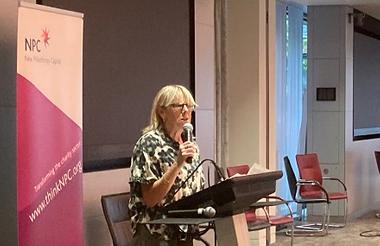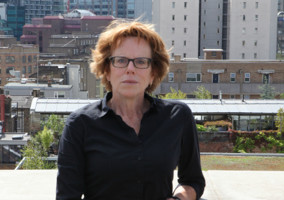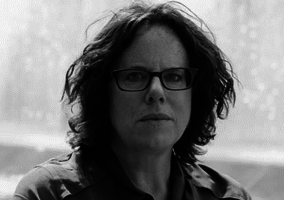Voluntary organisations must aim to change systemic failures that cause social injustice rather than only respond to the outcomes, the chief executive of Shelter has said.
Polly Neate told a room of sector professionals yesterday evening that charities “have to aim higher than just helping more people” and that they should not be “satisfied by just minimising the harm that social injustice creates”.
Speaking at New Philanthropy Capital (NPC)’s 20th anniversary summer drinks, Neate clarified that campaigning work was not “more important that providing services” but urged all charities to recognise that they are “part of something bigger”.
Neate recently wrote an article for NPC titled ‘Can charities achieve social justice?’ and concluded in her speech that doing so is “actually why we are here”.
Part of the problem
Reflecting on writing her essay, Neate said her first thought was to ask: “Are we part of the solution or are we part of the problem?”
“Because I actually think it is as basic a question as that,” she said. “If we are not here to change things, then we are complicit in systems that cause people’s lives to fall apart.”
Neate said charities “don’t change lives” and instead “work alongside people […] who change their own lives”.
She said charities do not empower people but rather discover “people’s power alongside them” and in doing so should realise the importance of “changing the system itself” rather than “being paid by agencies to tidy up their mess”.
“We have to aim higher than just helping more people,” she said. “Because that ambition in itself means accepting that systemic failures will never end.”
Charities ‘just like any other organisation’
Neate said “racism, sexism, classism, and other injustices” where just as likely to exist within charities as other organisations.
She said charities must be “constantly vigilant” as there was no “holy forcefield around us that keeps all the societal influences” out of the sector.
Where charities are “special”, Neate said, was that they could “ensure that our mission itself isn’t part of the problem”.
“If that happens, we might as well go home,” she said. “That means not being satisfied by just minimising the harm that social injustice creates.”
Related articles












